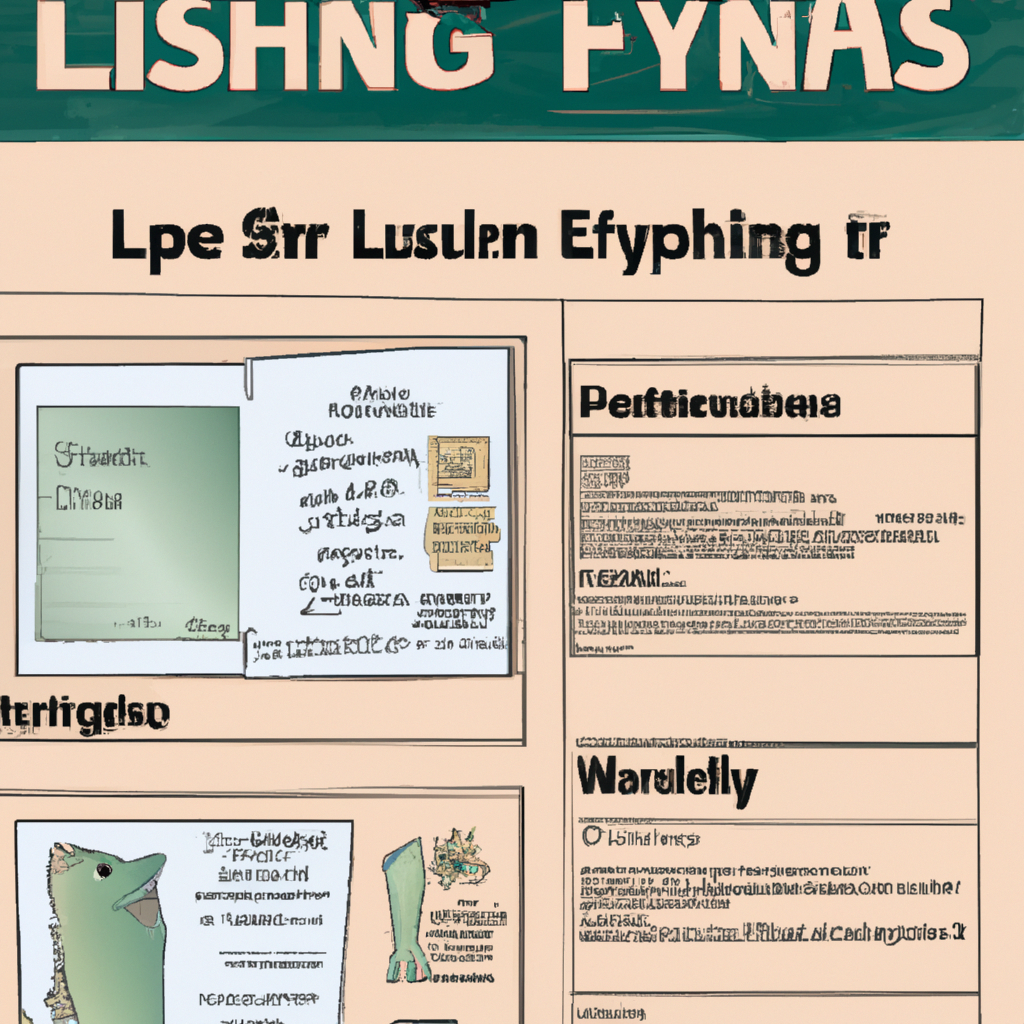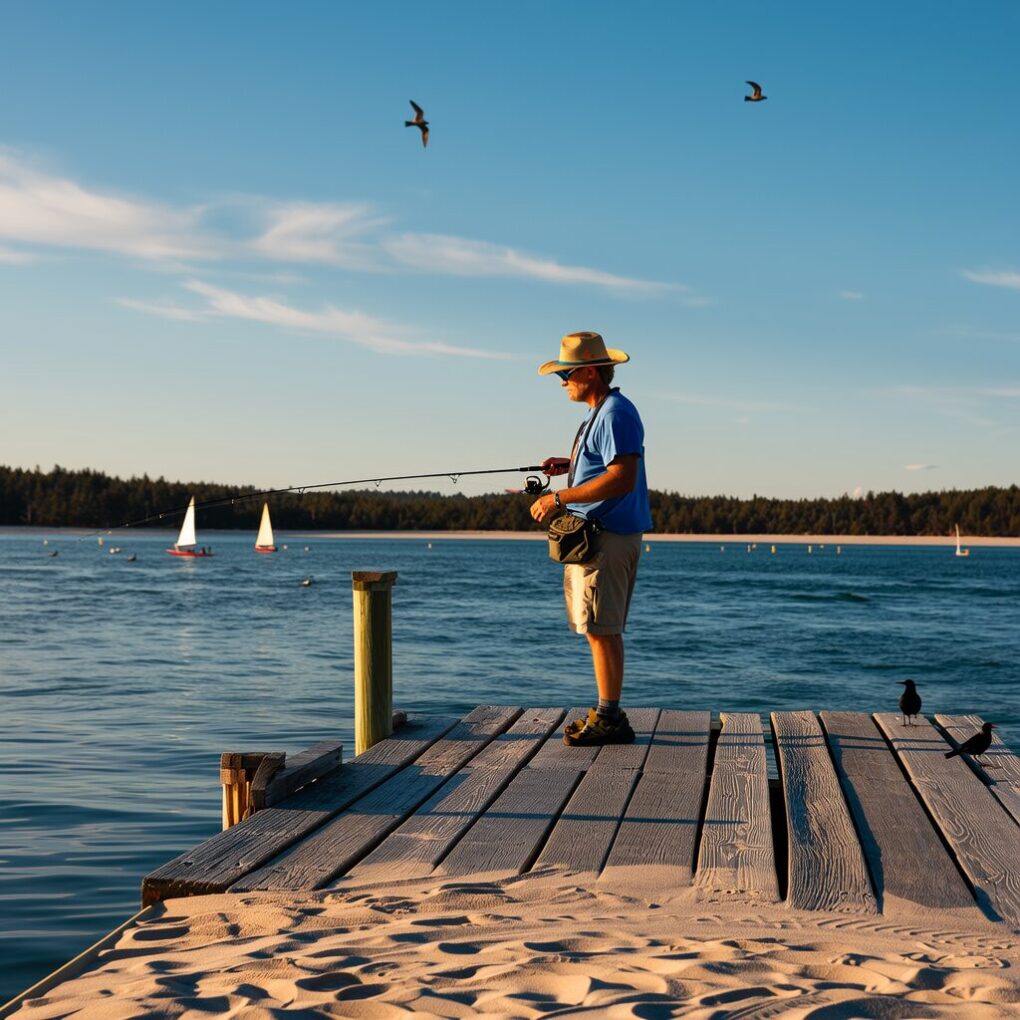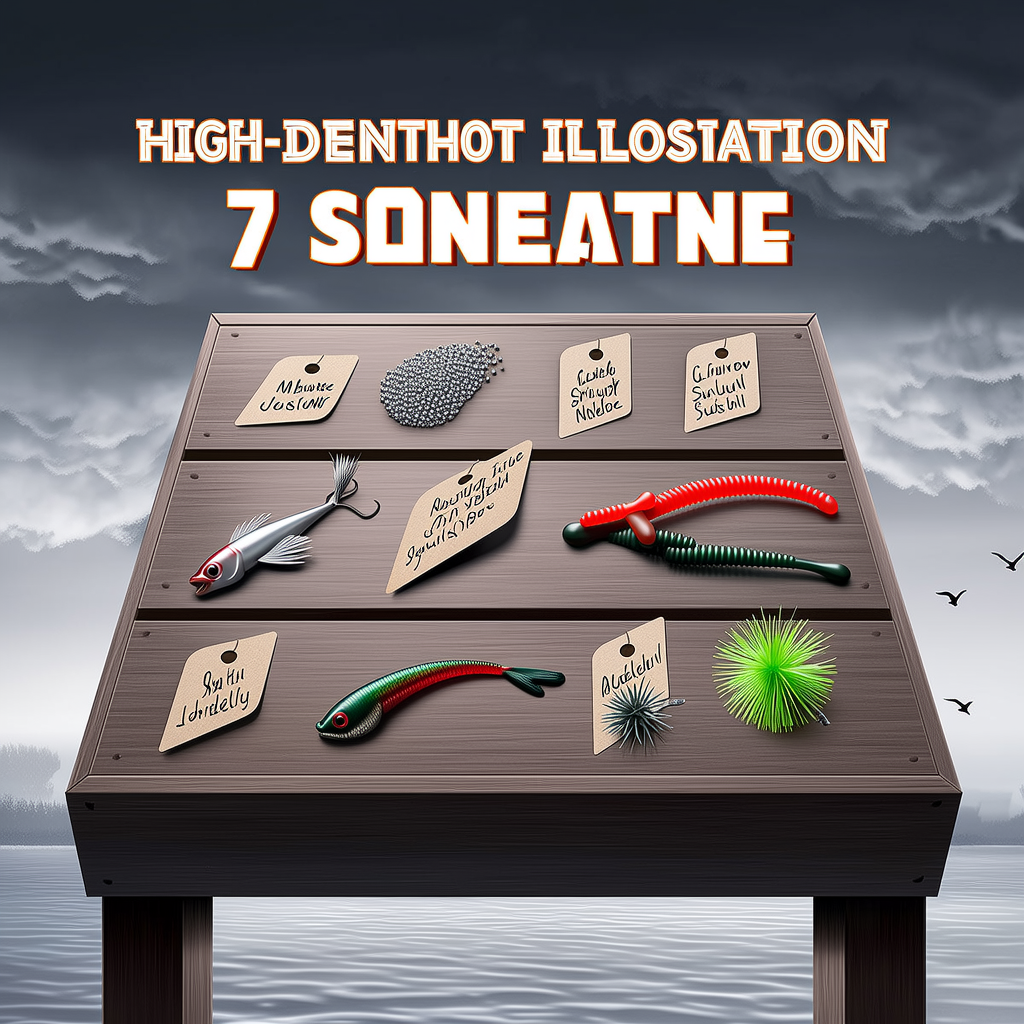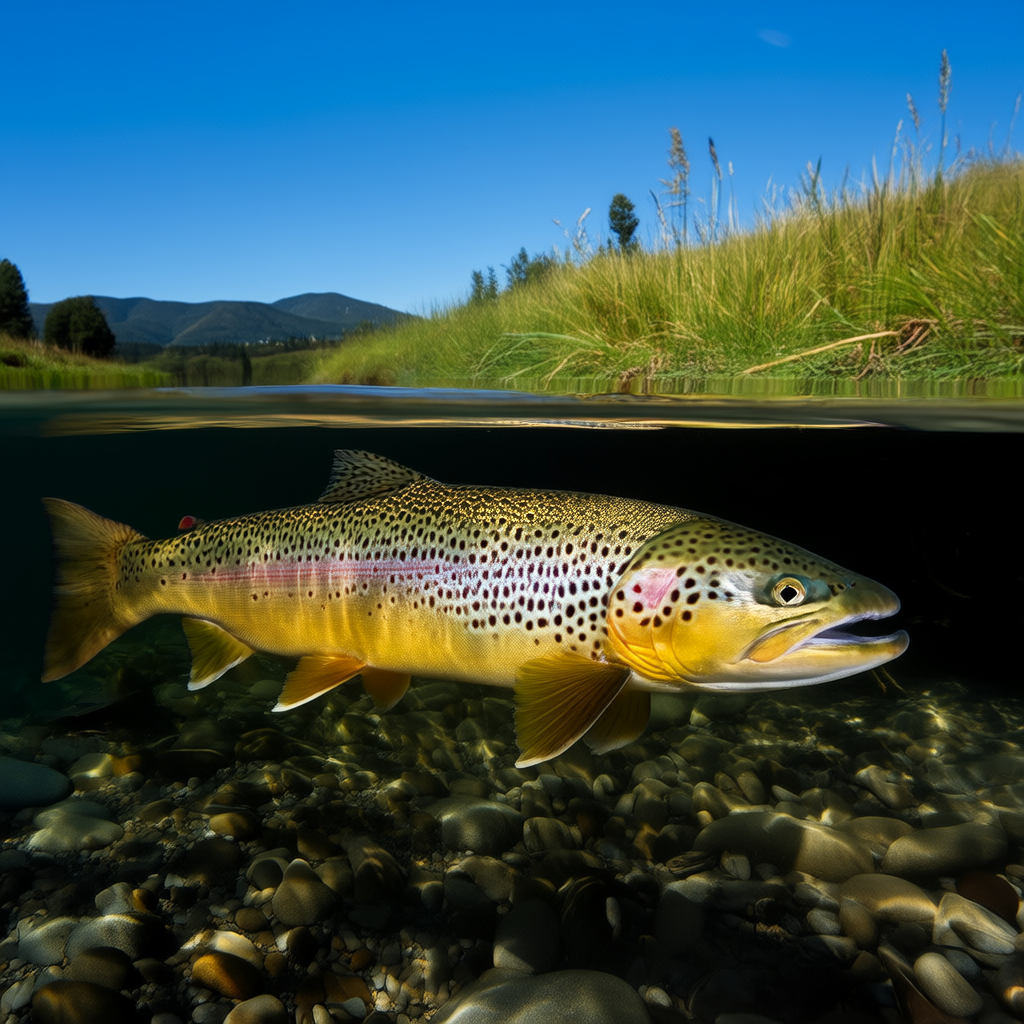Introduction
Millions of Americans love fishing. A fishing license is required in nearly every state in the US, regardless of whether you are an expert or novice angler. This comprehensive guide will provide all the information you need about how to obtain a fishing licence in the United States. It includes what it is, where it can be obtained, how much it costs, as well as why it is necessary.
What is a US Fishing License and how do you get it?
A fishing license is a legal document that allows an individual to fish in specific waters or areas for certain species. A fishing license ensures that both the state and the federal government can manage and preserve the fish population in its waters. You could face heavy fines, criminal charges, and even have your equipment confiscated by law enforcement officers without a fishing license.
Why is a fishing license necessary?
Fishing licenses have many benefits for the community and the environment. It regulates the amount of fish taken from the waters, and allows only licensed fishermen to fish. It also funds conservation programs and habitat restoration. It also keeps track of who is fishing where, and what they catch, which is crucial for maintaining healthy fish populations.
Where can I get a fishing license in the USA?
Visit the website or office of your state wildlife agency to obtain a fishing licence. Online applications are available in some states. This makes it easy to obtain a fishing licence from the comfort of your home. A fishing license can also be purchased at participating retailers like Walmart, bait and tackle shops and sporting goods stores.
How Much Does a Fishing License cost?
The cost of a fishing licence varies depending on where you live, how long it is, and whether or not you are a resident. Licenses for residents tend to be cheaper than those for non-residents. A one-day fishing permit can be as low as $5-10, while an annual fishing licence for residents can be as affordable as $30-50, while a non-resident annual fishing license can run up to $100.
What types of fishing licenses are available?
Although the types of fishing licences are different in each state, there are generally four types:
- Resident Fishing Licence
- Non-Resident Fishing Licence
- Senior Fishing Licence
- Disability Fishing License
A resident fishing licence is usually available to those who have lived in the state for a specified period. The non-resident fishing permit is for those who are newcomers to the state. Senior fishing licenses are available to those 65 years and older. The disability fishing license is only for those with a mental or physical disability.
How long is a fishing license valid?
A fishing license’s validity can vary from one state to the next. However, generally, a license is valid for a day or week, a month or a whole year. You can also get combination licenses from some states that allow you to fish in multiple species or different bodies of water. To avoid fishing with expired fishing licenses, make sure you check the expiration date.
What should I bring with me when I go fishing?
Make sure to bring your fishing gear, bait, and fishing licence when you go fishing. A cooler with food, drinks, sunscreen, insect repellent and a first aid kit is also a good idea. It is important to adhere to all fishing regulations. Be aware of the fishing seasons, size limits, bag limits, and other regulations in your area.
Common Fishing Regulations & Rules
Fishing regulations exist to protect fish populations and promote sustainable fishing. Here are some fishing rules and regulations:
- Size limits: Some species have minimum sizes that must be met before they are allowed to be consumed.
- Bag limits: There are limits on the number of fish that an angler can catch and keep in a single fishing trip.
- Fishing seasons: Some species can be protected at certain times of year to allow them spawn and reproduce.
- Catch and release: This practice ensures that fish populations are healthy and can continue to be enjoyed by future generations.
- Banned or restricted baits
Benefits of a Fishing License
There are many benefits to fishing licenses, including the following:
- Conservation of fish populations: Fishing permits help to manage fish populations, conserve fish habitats, and promote sustainable fishing.
- Revenue for conservation programs: Fishing licence fees are used to finance conservation programs, habitat restoration projects and educational programs.
- Data for fish population research: Fishing licences provide vital data that allows researchers and environmental managers to make informed decisions about future conservation efforts.
- Legal protection: Fishery officers or enforcement officers can catch you fishing. Possession of fish, gear, or equipment without proper registration, permits, licenses, or temporary or permanent bans, suspensions, or revocations can all result.
Tips to Obtain a Fishing License
Here are some tips for obtaining a fishing licence
- Fishing regulations: Make sure you understand and read the fishing regulations in your area.
- Fishing with a friend can be more fun and safer.
- A combo license is a great way to save money if you fish for multiple species or in various bodies of water.
- To avoid fishing with expired licenses, renew your license on-time
- Support fishing conservation by purchasing a fishing licence. This supports conservation programs and ensures that future generations have healthy fish populations.
Conclusion
Anyone who wishes to fish in the United States must have a US fishing license. It is vital for the protection of fish populations, funding conservation programmes, and sustainable management of fish habitats. You can enjoy all the benefits of fishing while protecting the environment by following the rules and regulations.




